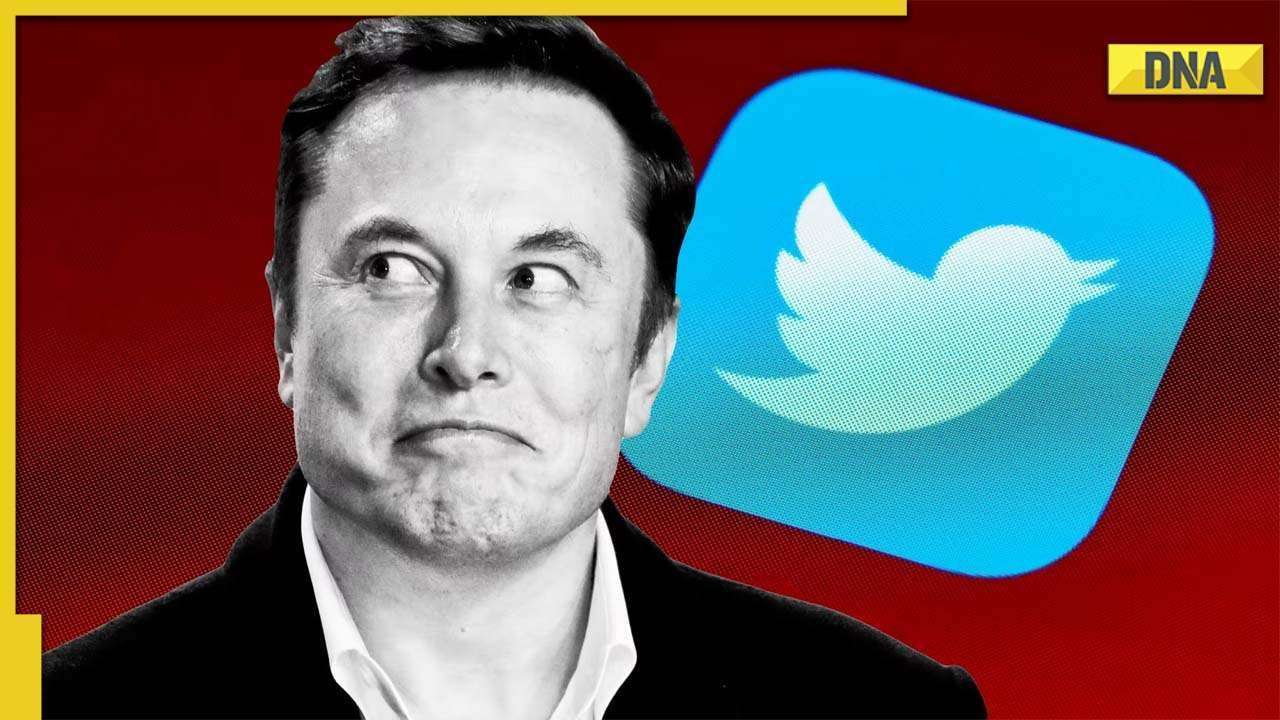
Elon Musk on advertisers halting their ads from the platform talked about his idea of digital payments, which would allow users to transfer money to others like China's WeChat. Musk laid out his plans for Twitter to enter the market for digital payments in a meeting with advertisers that was live-streamed, says TechCrunch.
He said that users would be able to send money, "extract their funds to authenticated bank accounts and, later, perhaps, be offered a high-yield money market account to encourage them to move their cash to Twitter."
For the purpose of enabling payment processing on its network, Twitter last week submitted registration documents to US authorities.
Musk explained how paid verification through the Blue membership service and support for a creator ecosystem may usher in payments on Twitter in an online discussion with advertisers that he held late on Wednesday. Subscribers to Twitter Blue need to enrol using a credit or debit card, and payments must be handled through the in-app purchase functionality of the respective app stores.
"Now we can say, okay, you've got a balance on your account. Do you want to send money to someone else on Twitter?" Musk informed the advertisers.
The user can then transfer the funds to a verified bank account in order to remove them from Twitter. Additionally, Musk described how Twitter users may earn large interest rates. The next phase, according to him, would be this offer for a money market account with an incredibly alluring yield on your balance.
"Then add debit cards, checks and whatnot and...just basically make the system as useful as possible. And the more useful and entertaining it is, the more people will use it," he added.
Regarding his proposed payment system for Twitter, Musk did not mention anything regarding cryptocurrencies.
Musk claimed last month that he was buying Twitter to realise his dream of creating a super app named X.com that would be accessible to everyone worldwide and be similar to China's WeChat. Musk was a co-founder of X.com, an online bank that was merged to create PayPal in 1999.
(With inouts from IANS)